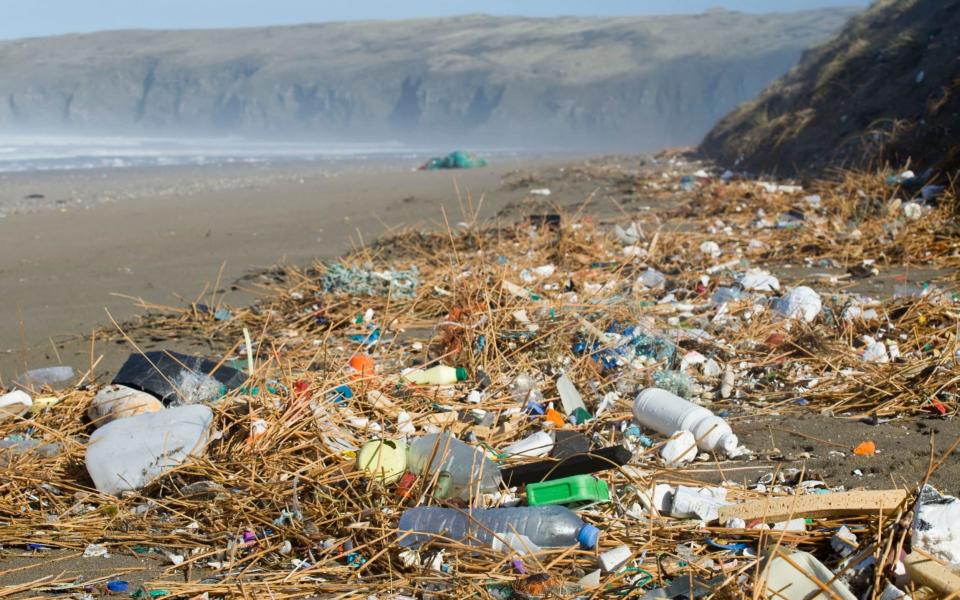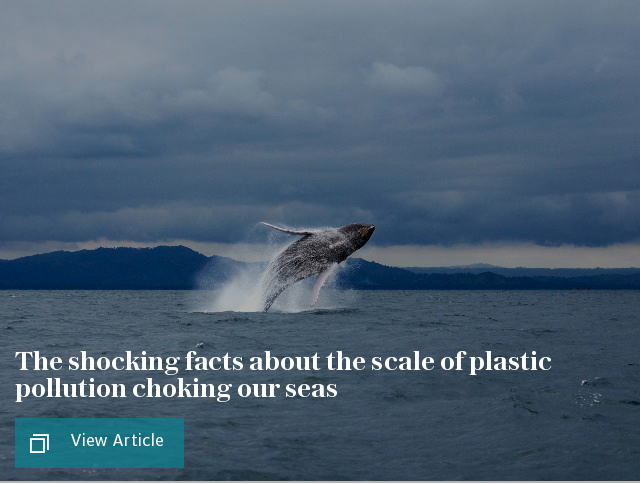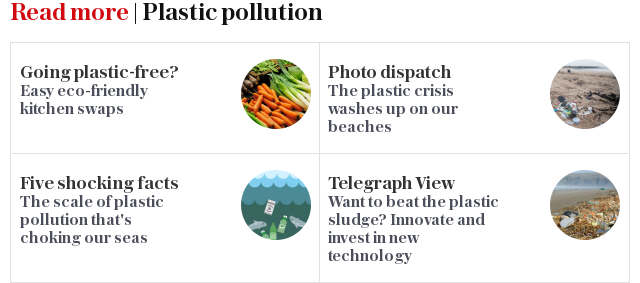Do you have 'green guilt'? A quarter of people exaggerate how environmentally conscious they are

The widespread consumer outcry over the excessive use of plastic worldwide has led to many companies taking action to curb the material's use.
Starbucks last week introduced a 5p "latte levy" on its paper cups in a bid to reduce single-use paper and plastic waste, while McDonald’s confirmed last month that it would stop using plastic straws across all of its UK and Ireland restaurants, replacing them with paper alternatives from September.
But new research by Legal & General Investment Management shows that, while the UK is a nation of aspiring environmentalists, with 92pc of 18- to 55-year-olds saying that minimising their impact on the environment is important to them, more than a quarter (26pc) exaggerate their environmental credentials to alleviate "green guilt".
The findings, based on a survey of 2,003 people, reveal that many consumers feel the need to embellish how much recycling, reusing, and refilling they really do in order to maintain a "green social status".
A fifth of those asked said their friends would judge them negatively if they were not behaving responsibly towards the environment, as the "Attenborough Effect" intensifies.

David Attenborough’s Blue Planet has been widely credited as the inspiration behind the crackdown on plastic over the past year.
In the BBC documentary, the veteran broadcaster showed how plastic is having a devastating effect on the ocean when a hawksbill turtle becomes tangled in a plastic sack, while a pod of pilot whales swim around with a dead newborn calf after it was poisoned by pollution in the oceans.
Disturbing images published this week show two polar bear cubs playing with a sheet of plastic on the remote Arctic island of Svalbard, a Norwegian archipelago about halfway between the mainland and the North Pole. The cubs were spotted pawing at the black material before putting it in their mouths.

The research is part of L&G's ‘Own Your World’ campaign, which aims to encourage more people to start investing in the things they care about.
It reveals that across all age groups, tackling plastic pollution, helping animal welfare, tackling food waste and stopping deforestation are all issues people care about, with many actively taking steps to improve their carbon footprint - such as by using paperless bills, taking showers instead of baths, and turning the tap off while brushing their teeth.
There is clear debate about who is responsible for leading the way in environmental action, with 15pc of respondents saying it should be businesses, 31pc arguing it should be the government, 31pc saying it is the responsibility of individuals, and 6pc believing the burden lies with international bodies such as the United Nations.
L&G's Meryam Omi said: "Investors have the power to use their money to reward and encourage positive behaviour, raising standards across the market. We expect companies to be transparent about the risks and opportunities posed by climate change."

 Yahoo Finance
Yahoo Finance 